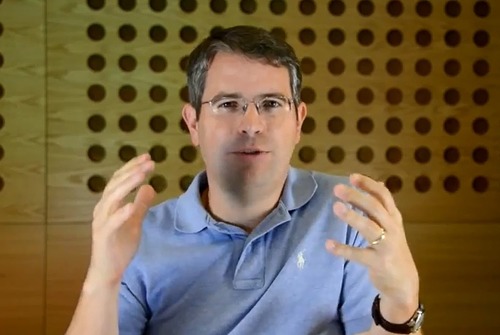If you still think curation doesn’t add value, watch this music video
Source: www.youtube.com
Ever since we started working on content curation, we’ve had this question: is content curation adding value? Is it stealing? Is it repeating like a parrot?
And ever since we started, we’ve seen more and more examples of how the remix culture is becoming a massive trend.
Just like good DJ’s, good content curators are creating something new out of the existing by not only aggregating but giving new meaning to content.
This video made me speechless. Isn’t it amazing?
Read More










 “Do you have a content marketing strategy? Do you have the resources necessary to implement your content marketing strategy? Do you find it easy to create unique content on a consistent basis? If you answered NO to any or all of these questions, you’re not alone.”
“Do you have a content marketing strategy? Do you have the resources necessary to implement your content marketing strategy? Do you find it easy to create unique content on a consistent basis? If you answered NO to any or all of these questions, you’re not alone.”















